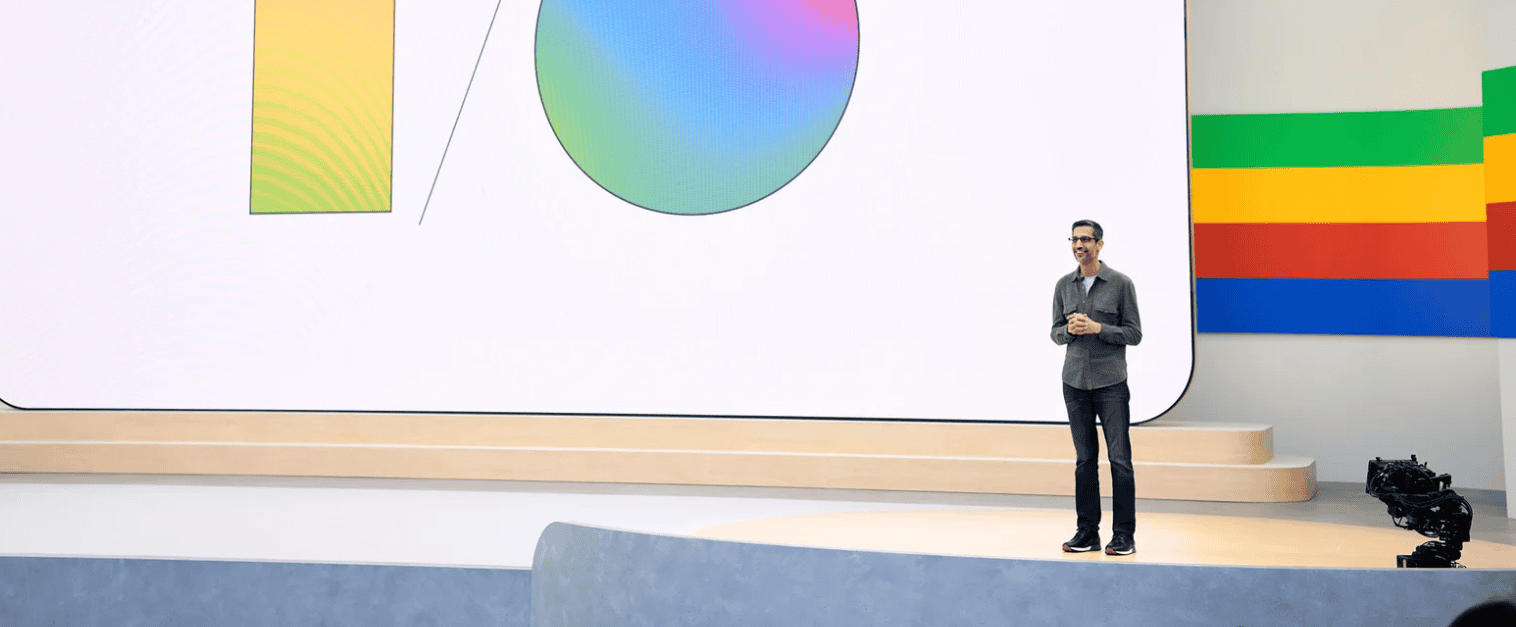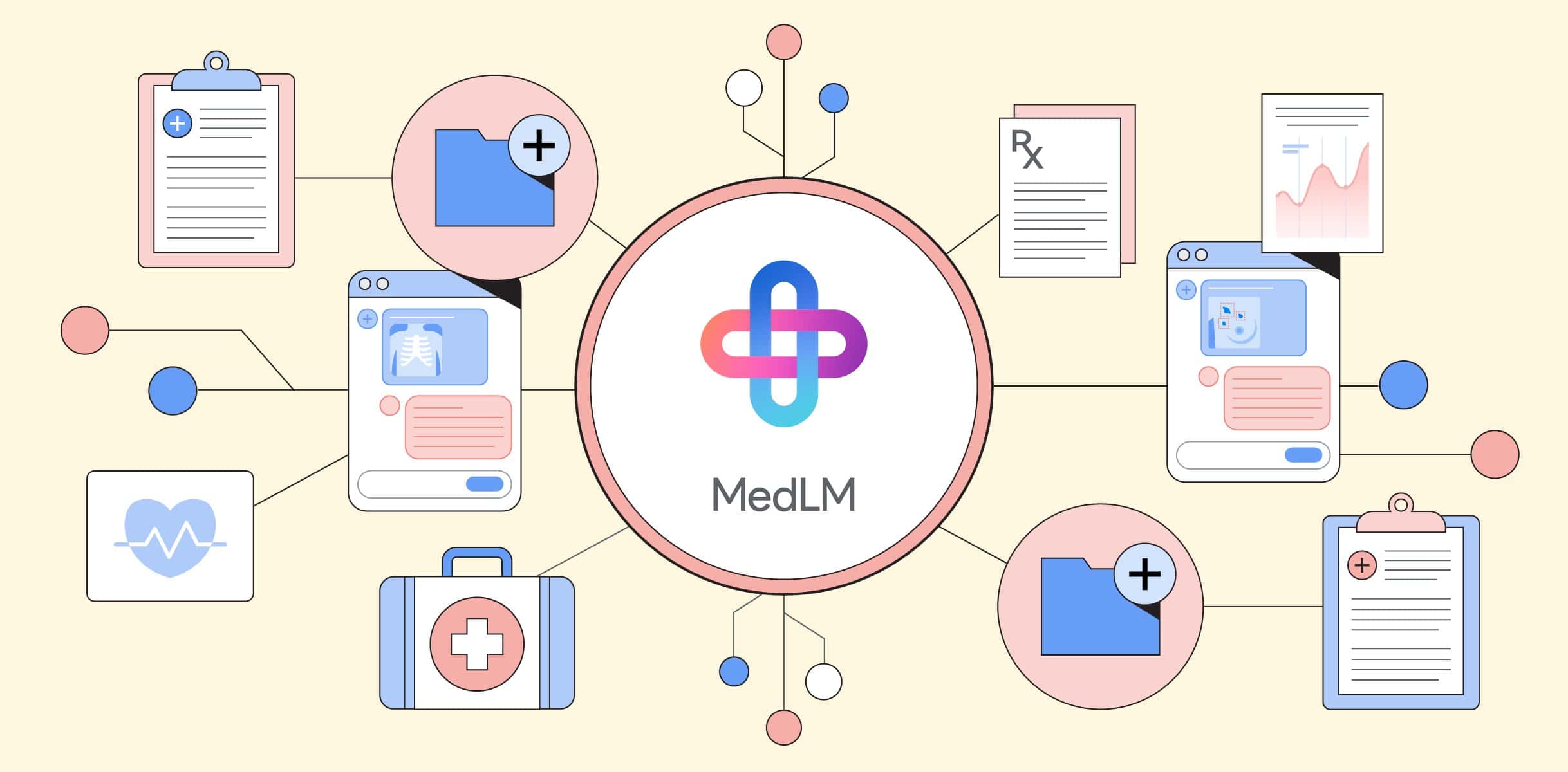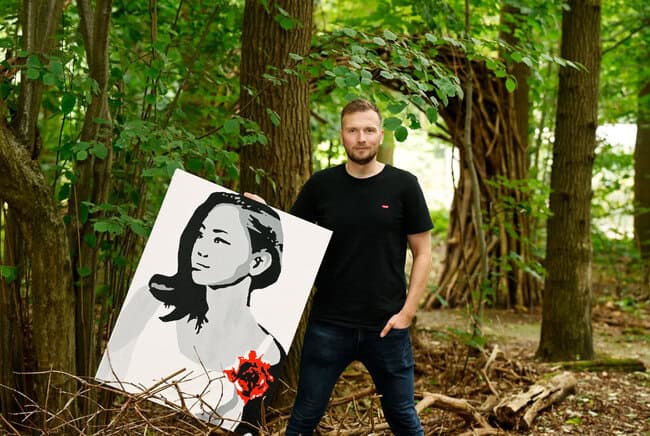
The Austrian start-up Innophore will screen two billion potential active substances for Covid-19. This is the largest computer-based screening project in the world. Collaboration with Google and Harvard Medical School has made this possible.
COVID-19 is spreading at breakneck speed. The search for a cure is a race against time. The development of new active substances is time consuming because of the requisite approval procedures. Therefore, there are higher hopes for the screening of existing active substances which have already passed the approval procedures. These can then be used in practice much more quickly.
Innophore had already created a sensation at the end of January when it was very quickly able to submit proposals for suitable existing active substances against Covid-19. The basis for this was a search engine using Big Data and artificial intelligence. It can find enzymes and active ingredients fast and cheaply. In the meantime. other promising active substances have also been identified.
Nevertheless, the new screening project has great potential to find even more viable candidates. That’s according to Professor Arthanari of Harvard Medical School. The renowned research institute is contributing its recently published Virtual Flow method to the project. This computer-controlled method makes it possible to screen individual active substances for their potential efficacy.
Enormous amounts of data
Innophore search engine supports Harvard’s Virtual Flow process by simulating countless baselines using patented 3D point cloud technology and filtering these with the help of artificial intelligence. As Professor Arthanari points out, the combination of 3D point cloud technology with large-scale virtual screening and enormous computational power is very promising.
The CEO of Innophore, Christian Gruber, states that the simulations pose two major challenges: Acquiring the data for the two billion active substances plus the computational capacity that is needed. He is currently counting on 100 billion individual simulations. Each potentially active ingredient should be screened separately.
Coping with the large amounts of data is made possible thanks to Alphabet, the parent company of Google. It is releasing unlimited computational power from the Google cloud. The Vienna Scientific Cluster, a partnership of several Austrian universities, is also providing extra capacity for its supercomputers.
Other project partners involved are the University of Graz and the Austrian Center of Industrial Biotechnology (acib).







